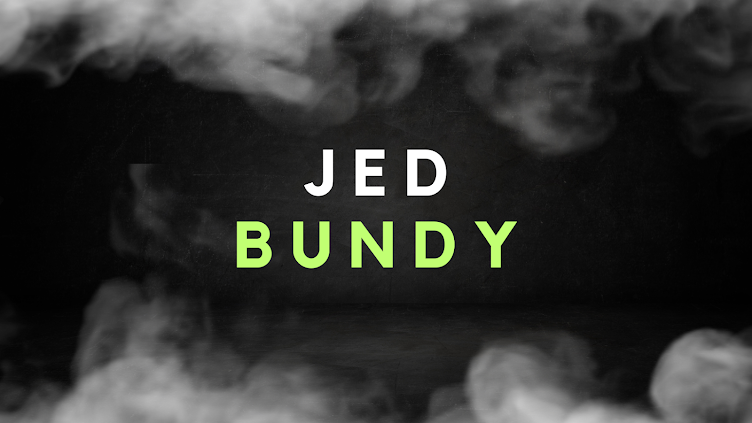Alice Sweet Alice (1976)
Director: Alfred Sole
If you survive this
night…Nothing will scare you again.
Set in the 1960s (which, due to lack of budget, was lost among more contemporary details) and heavy on
anti-Catholic rhetoric, Alice Sweet Alice is definitely the odd one out of its
time. It stars a young Brooke Shields as Karen, the first victim and younger
sister of our deeply unnerving yet oddly likable antagonist, Alice. Between
the constant whining and carrying on of Karen and the overt favoritism of children by the mother, it’s easy to sympathize with poor Alice. Although
the film starts right off with all kinds of emotional tension, the first death
definitely sets the mood for the rest of the film.
Alice becomes main
suspect in murder of sister. I mean, she did just happen to be in the wrong
place at the wrong time, have the same creepy smiling mask and yellow raincoat
as the murderer, and have more than enough motive. Throughout the film, it
becomes more and more apparent that Alice is less than innocent, but her
involvement in the terrors to unfold would remain to be seen. However, there
was much hinting at the idea that the ghost of Karen, back for revenge may be
to blame.
One character, which we
are introduced to briefly after the death of Karen, was the creepy apartment
manager with all of the kittens. I feel he could have been explained or integrated
into the plot a little more. He seemed to both hate and take a “liking” to Alice
and reminded me a bit of a John Waters character. Alice seemed to return the
favor, somehow possibly liking his creepy, pedophilic attention, adding to
the Alice character as deeply troubled and demented. Indeed, a disturbing but
weirdly compelling relationship.
Throughout the film, Mom
refused to listen to anything and anyone, ready to fight everyone about her
children, and was always hysterical and uncooperative. She was also kind of an
enabling pushover. There was also the aunt. She seemed to always know what was
up, but no one listened and came off as overzealous at times. Between the two of
them, there was quite a lot of tension and screaming, especially in regard to
the guilt of Alice, who later may or may not have stabbed her aunt several
times. As you can imagine, the following scenes would be littered with yelling,
denial, and hysteria. The estranged father played the role as the voice of
reason, although he started off by being uncooperative and silly about
everything. However, he begins to pull himself together and actively aid in
solving the mystery of who attacked the aunt in the stairwell.
I do believe that had
the film followed along the “disturbed little girl dodging everyone’s radar on
a killing spree” path that it would have been more compelling. The final murder
and the reveal of the real killer at the end were a bit of a
letdown (although it didn’t not make sense). However, the
notion of the idea that Alice could very well be capable of murder and was
not completely innocent was compelling and would have made for a fine
storyline in of itself. The fact that the ending seemed kind of thrown into
place, for the sake of the element of surprise, was more frustrating than
anything. Despite the fact that the plot was a little bit all over the place, I
would say that this film is deserving of a gander for any horror buff.
- Jasmine Casimir





